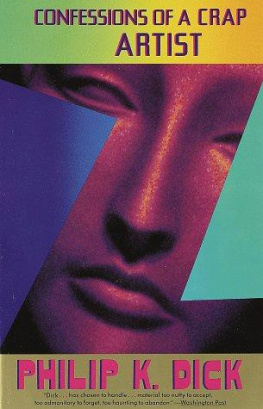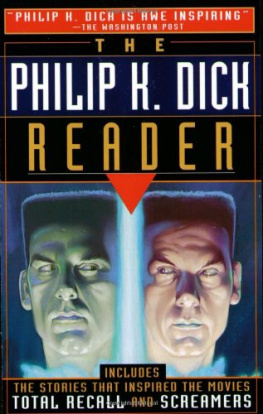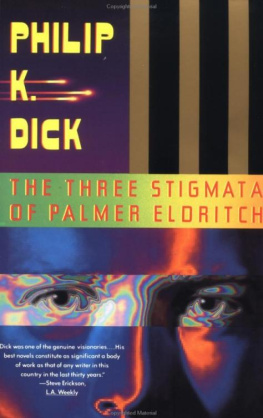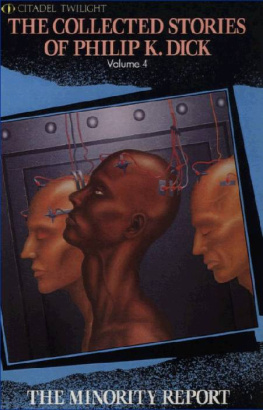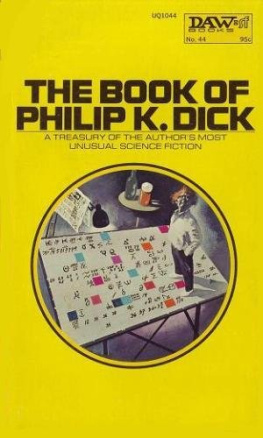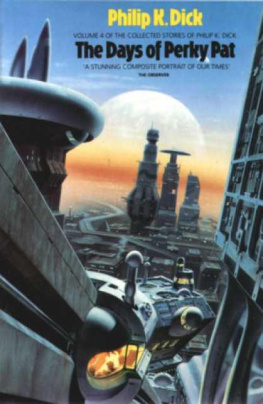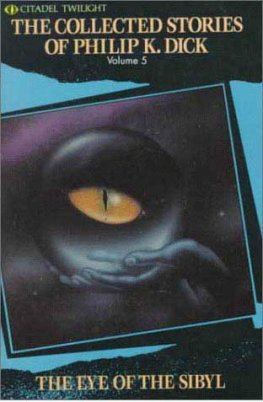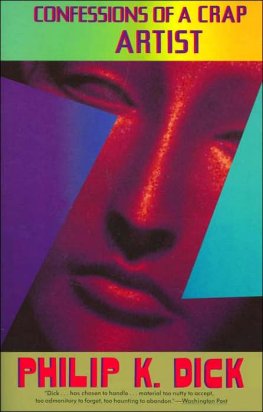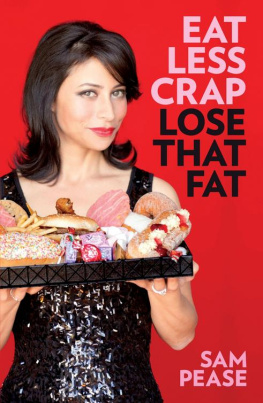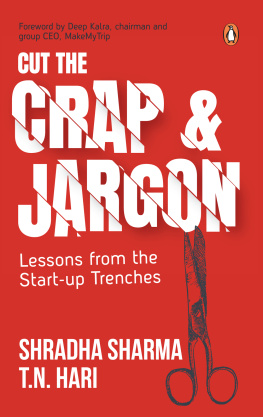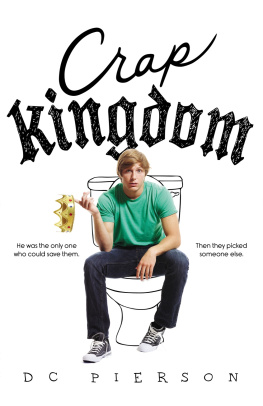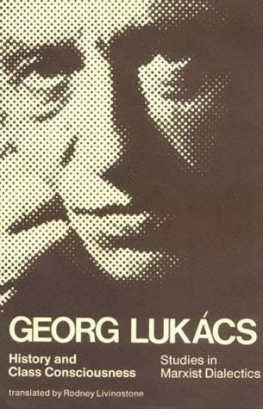Introduction
Paul Williams _Confessions of a Crap Artist_ was written in 1959. It is a _tour de force_, one of the most extraordinary novels I've ever read. There are, I believe, two essential reasons why it has taken Philip K. Dick sixteen years to get this novel published. The first reason is the intensity of the picture the author paints. This is the sort of book that makes editors shiver with (perhaps unconscious) revulsion, and leaves them grasping at any sort of excuse ("I don't like the shifting viewpoint") to reject it and get it out of their minds. The people are too real.
The second reason is that it is a "mainstream" novel written by an author who had already established himself as a fairly successful science fiction writer. It is easier for a camel to go through the eye of a needle, than for a science fiction writer to be accepted as a serious novelist when he's not writing science fiction.
Philip K. Dick was born in 1928. He began writing professionally in the early 1950's, and although he steadily submitted short stories and novels to mainstream publishers as well as science fiction markets throughout the 1950's, it was only as a science fiction writer that he was able to get into print. His first short story appeared in _The Magazine of Fantasy & Science Fiction_ in 1952; his first novel, _Solar Lottery_, was published by Ace Books in 1955. Since then, he has had thirty-one other books published in the United States, all of them science fiction.
_Confessions_ is "experimental" only in that it was written without regard for novelistic conventions. Dick's value as a writer lies in his unusual and unusually vivid perceptions of the world we live in and the way people behave, especially the way they behave towards each other. These perceptions dictate the form and substance of his novels. In this case, the story is told in the first person by each of three different characters, in different chapters; there are also sections where third person narrative is used. This is unusual, but it works; those few novels of Dick's where he has tried to shoehorn his perceptions into a "novelistic structure" that did not originate within himself do not work half as well. Dick's books are uniquely structured, not out of self-conscious experimentation in the manner of writers who are aware of themselves as part of some "avant-garde" movement, but out of simple necessity.
Dick made some fascinating comments about his attitude towards writing in a letter to Eleanor Dimoff at Harcourt, Brace and Company, written February 1st, 1960, at a time when Dick was most actively engaged in trying to market his "mainstream" novels:
Now, I don't know how deeply to go into this, in this letter. The intuitive--I might say, gestalting--method by which I operate has a tendency to cause me to 'see' the whole thing at once....Mozart operated this way. The problem for him was simply to get it down. If he lived long enough, he did so; if not, then not. In other words, according to me (but not according to you people) my work consists of getting down that which exists in my mind; my method up to now has been to develop notes of progressively greater completeness... If I believed that the first jotting-down actually carried the whole idea, I would be a poet, not a novelist; I believe that it takes about 60,000 words for me to put down my original idea in its absolute entirety.
Philip K. Dick has three particular talents that have allowed him to not only "put down" his visions but to bring them to life: his ability to create believable, sympathetic characters; his sense of horror; and his sense of humor.
_Confessions of a Crap Artist_ is the story of four people who live in and perceive very different universes but whose lives get hopelessly tangled together through the usual combination of destiny, accident, and their own deliberate actions (stress on the latter--the novel is at its most acute in the scenes where each character assesses his own situation and then deliberately acts in such a manner as to dig himself deeper into the pit). Jack Isidore, the "crap artist" of the title, is a simple-minded lost soul, fascinated by bits of information and incapable of distinguishing fact from fantasy--seeing the world through his eyes is a bizarre, unforgettable experience. He is not an idiot in the tradition of Faulkner's and Dostoievski's famous idiots; his idiocy is close enough to our normalcy to scare us.
Fay Hume, Jack's sister, is an intelligent, attractive, hopelessly selfish woman, married to a And the story is disturbing, hilarious, and utterly believable because the reader, too, can't help recognizing the truth when he sees it, however crazy it is. Charley attacks his wife because she makes him buy Tampax; it's ridiculous, but who among us can fail to see the sanity underneath Charley's madness? Who can fail to identify with Fay in her moments of self-realization, such as the following soliloquy? It's funny, of course; but it's too accurate not to also be painful:
Almost at once I felt, acutely, that I was a hysterical nut. They shouldn't trust you with the phone, I said to myself. Getting up from the bed I paced around the bedroom. Now it'll get all over town, I realized. Fay Hume calls up some people in Point Reyes and raves like a drunk. That's what they'll say: I was drunk. Sheriff Chisholm will be by to take me away. Maybe I ought to phone him myself and eliminate the middleman.
The reality of Philip Dick's characters stems quite simply from the fact that they are real to him; he hears them talking, in his mind, and records their conversations and thoughts--his dialogue, in almost all of his novels, is excellent. He is especially good at capturing the interactions between people; the authenticity of his work lies not so much in what people say as in how they respond to each other. In a conversation in 1974, Dick told me, "Well, the idea of a single protagonist, I never could understand that too well....What I've felt is that problems are multipersonal, they involve us all, there's no such thing as a private problem.....It's only a form of ignorance, when I wake up in the morning, and I fall over the chair and break my nose, and I'm broke, and my wife's left me-- It's my ignorance that makes me think I'm an entire universe and that these miseries are my own and they're not affecting the rest of the world. If I could only look down from a satellite, I would see all the world, everybody getting up and, in some analogous way, falling over a chair and breaking something..
The humor in the novel, in everything Dick says and writes, is self-evident ("I stood in the middle of my room doing absolutely nothing except respiring, and, of course, keeping other normal processes going"). Dick writes from the center of some vast despair that is, however, never final; the reverse of cynicism is at work here. No matter how miserable and absurd his characters' actions and thoughts are, Dick's attitude toward his characters is always, finally, sympathetic--he loves and understands them, his books affirm a faith and affection for humanity, in spite of all our idiocies. The result is somehow comic. In _Confessions_ particularly, every little hilarious detail of the awful vanity of our minds is mercilessly exposed. It is possible a woman could drive a man to such a state that he would assassinate his own pet theep? You better believe it.
But the humor in no way dilutes the horror. The horror in all of Dick's novels is that the world around Here are Philip K. Dick's thoughts on _Confessions of a Crap Artist_, from a letter dated January 19, 1975: When I wrote _Confessions_ I had the idea of creating the most idiotic protagonist, ignorant and without common sense, a walking symposium of nitwit beliefs and opinions... an outcast from our society, a totally marginal man who sees everything from the outside only and hence must guess as to what's going on.

